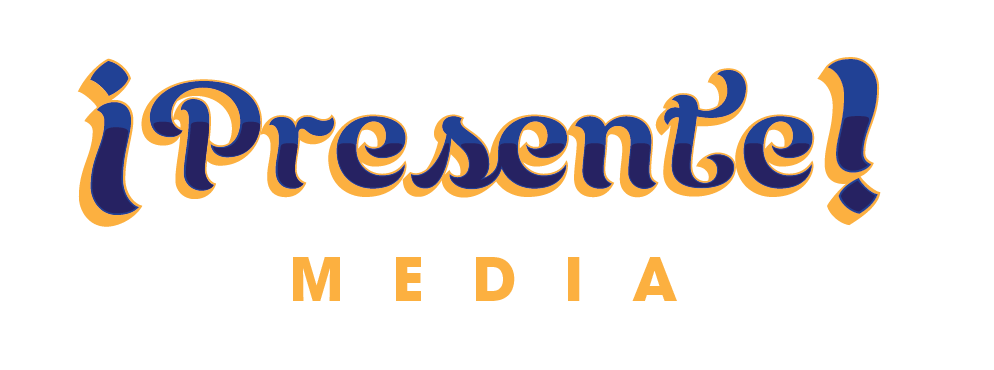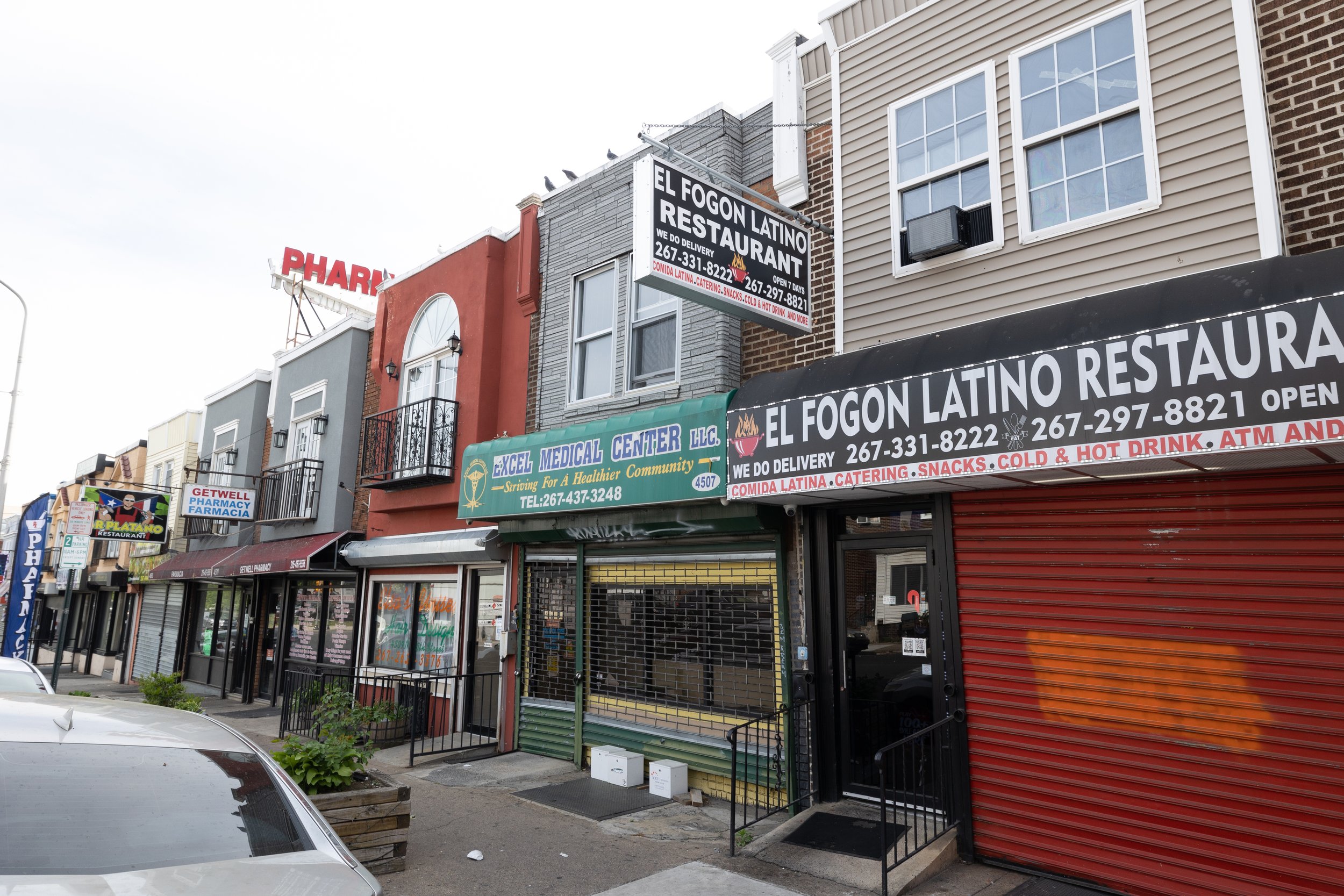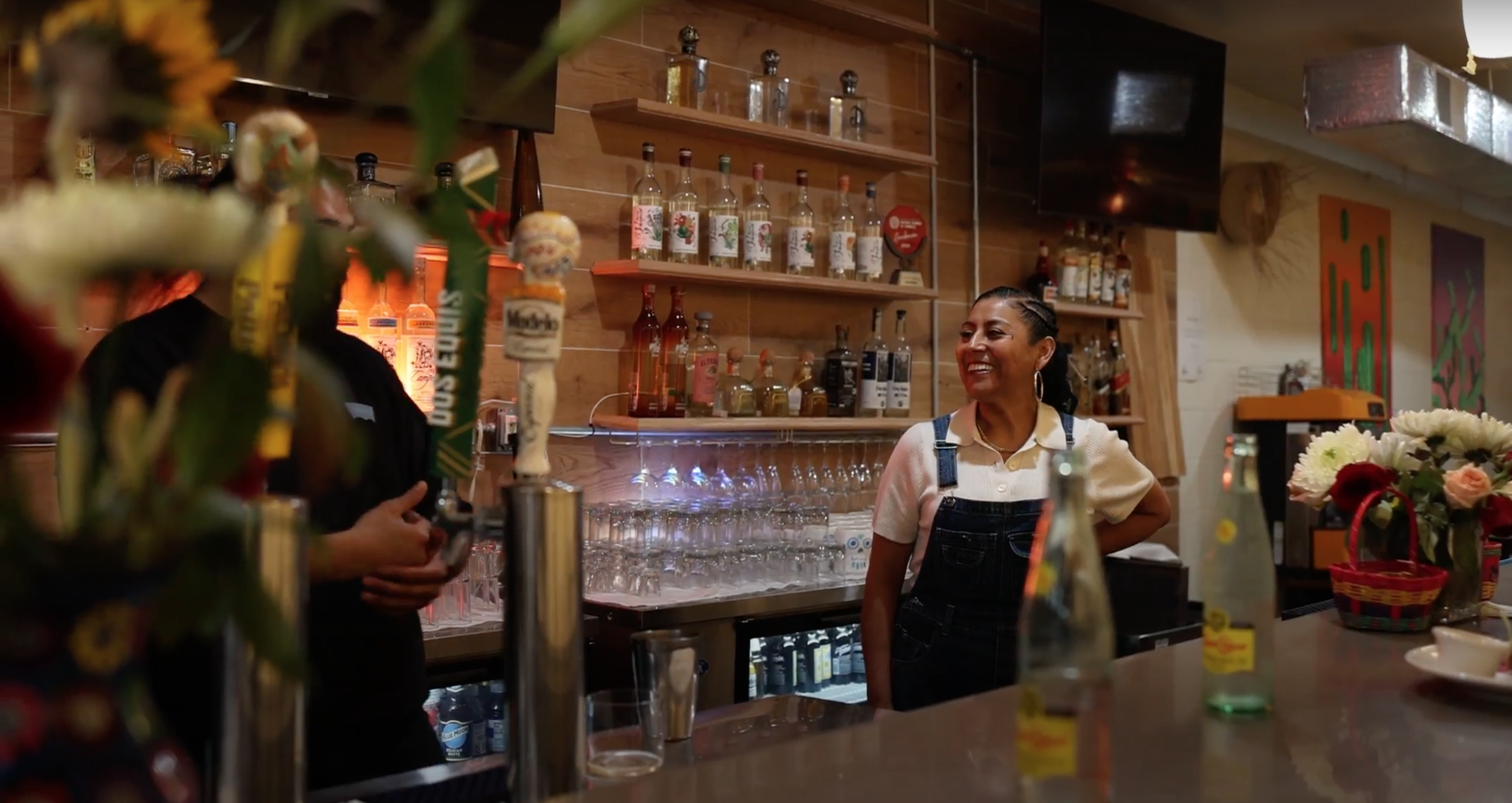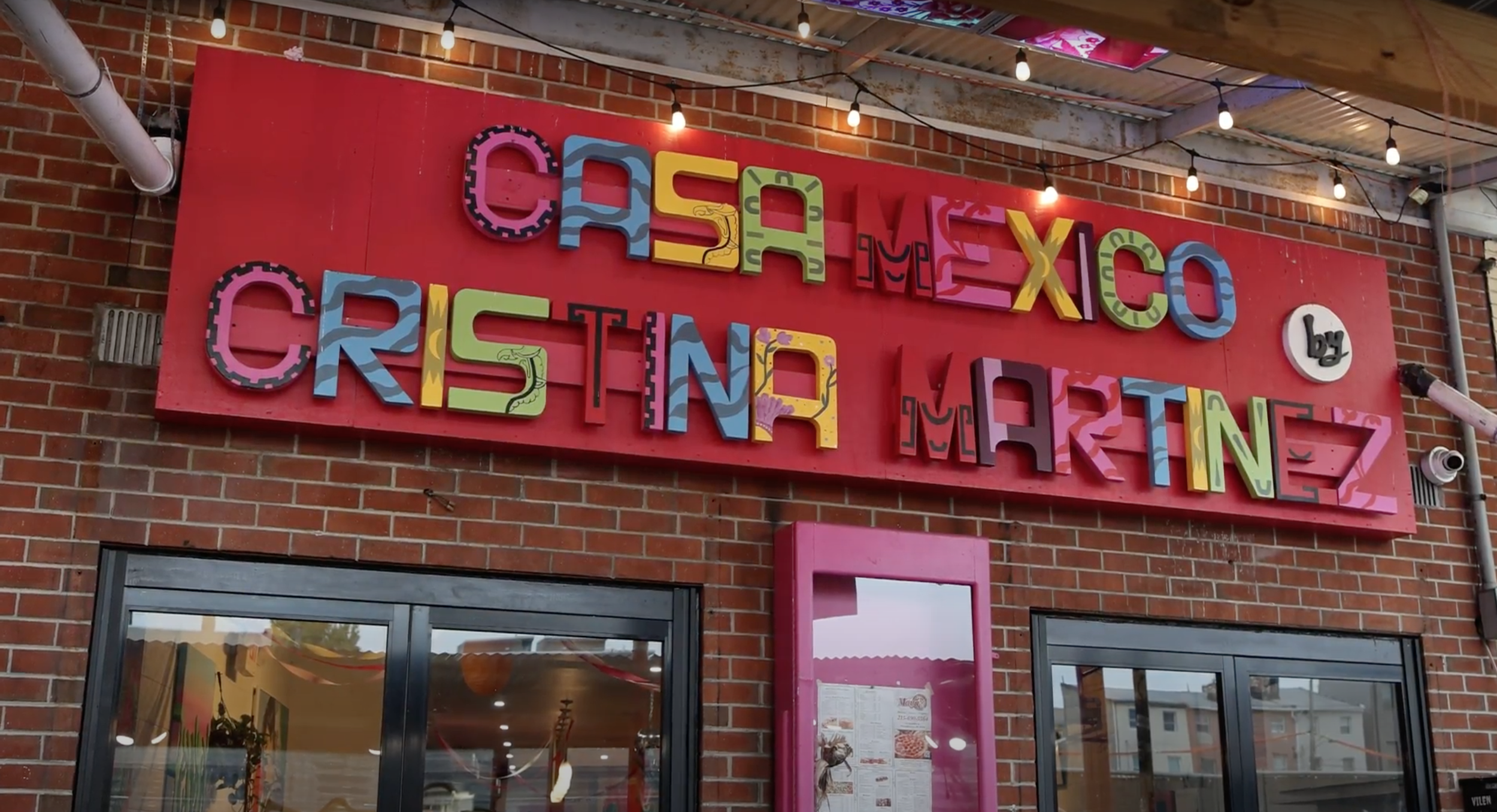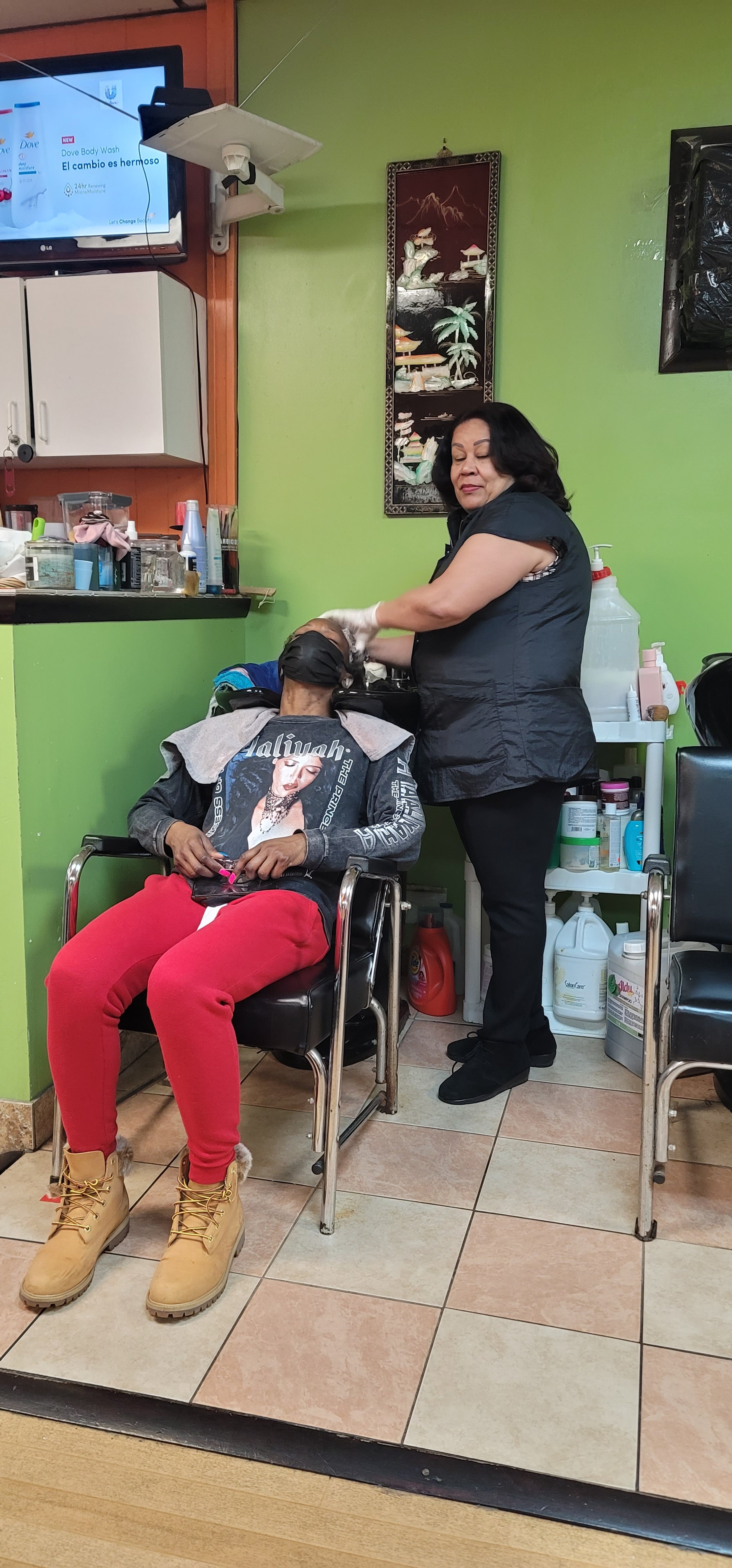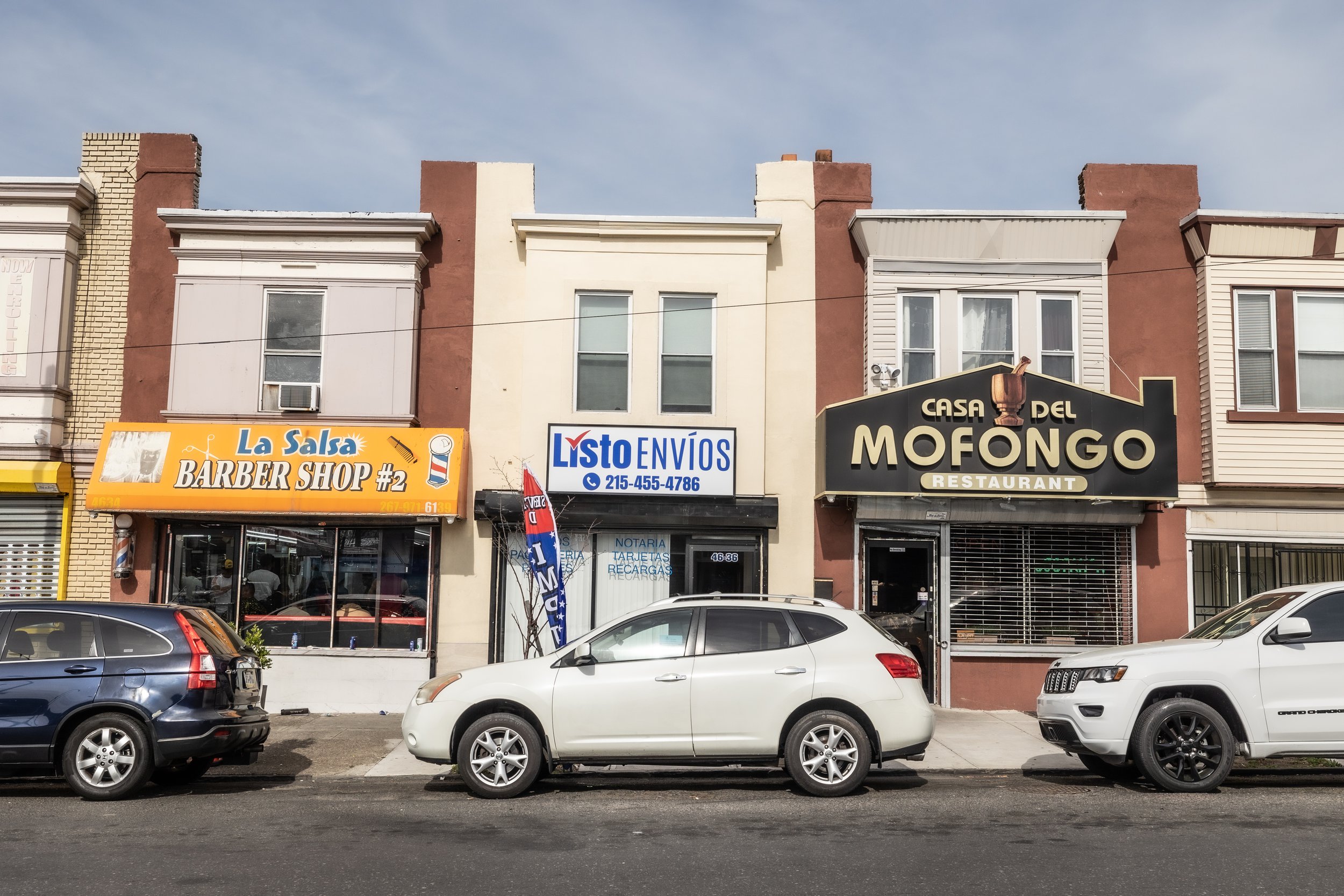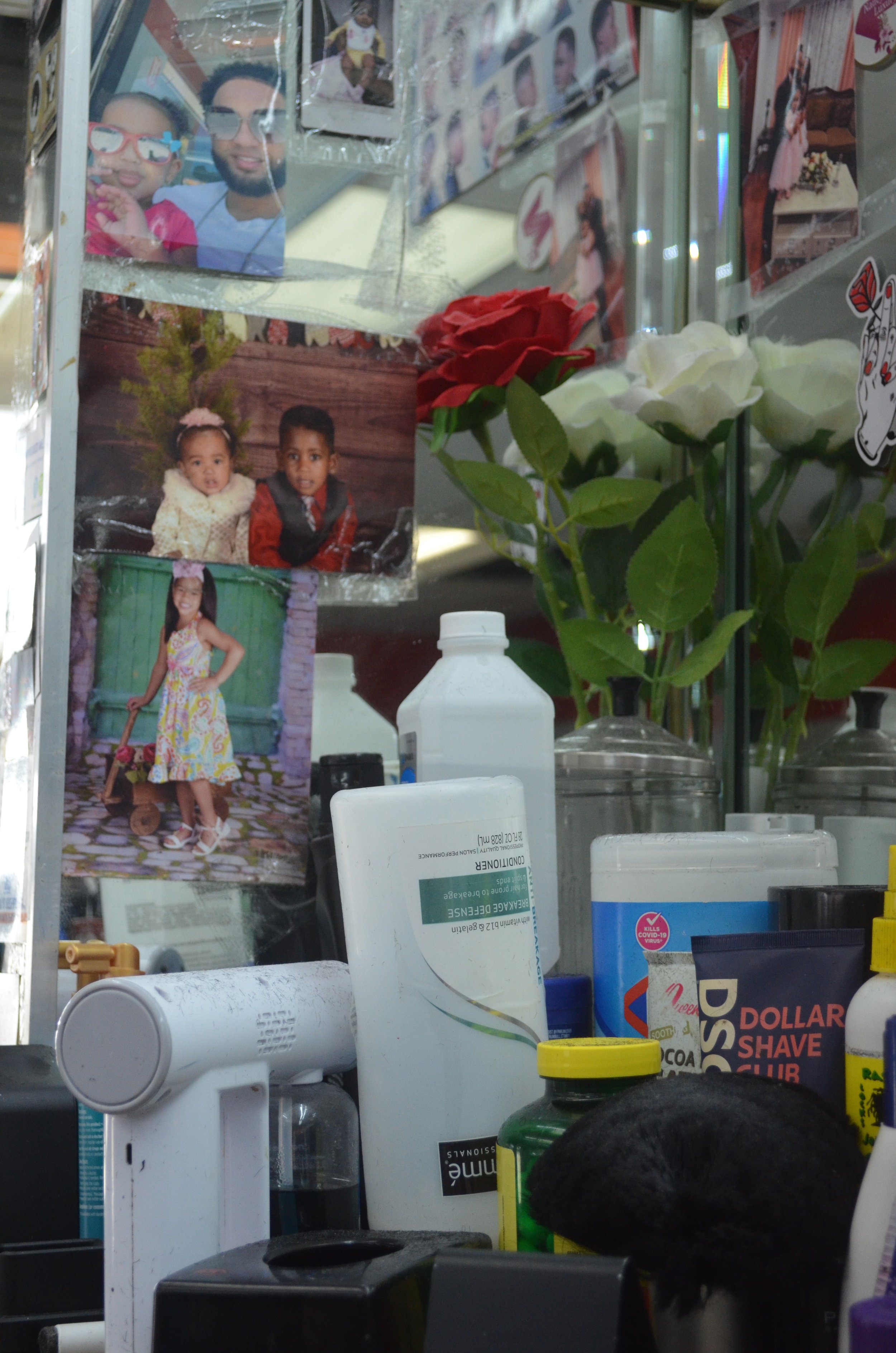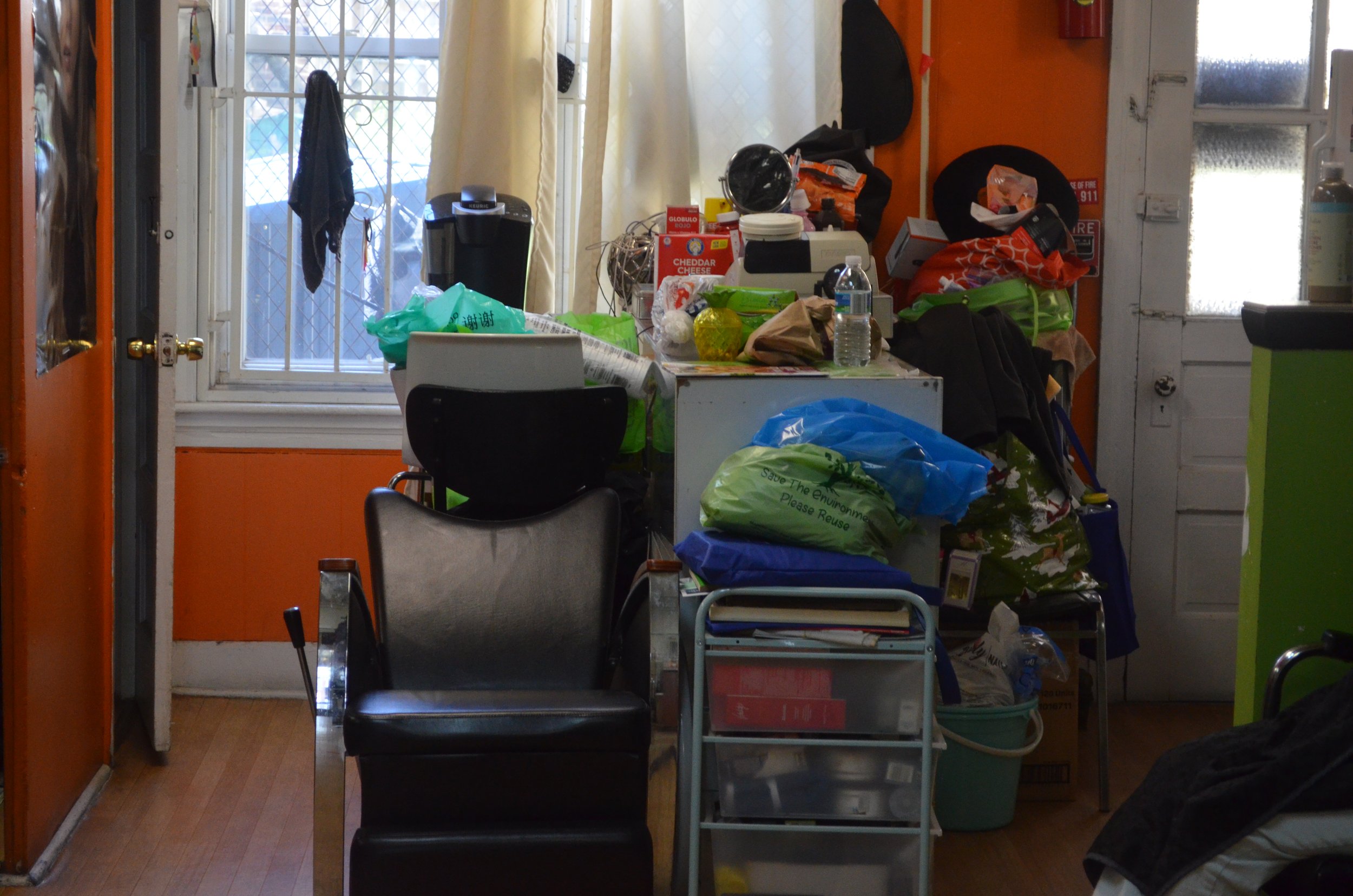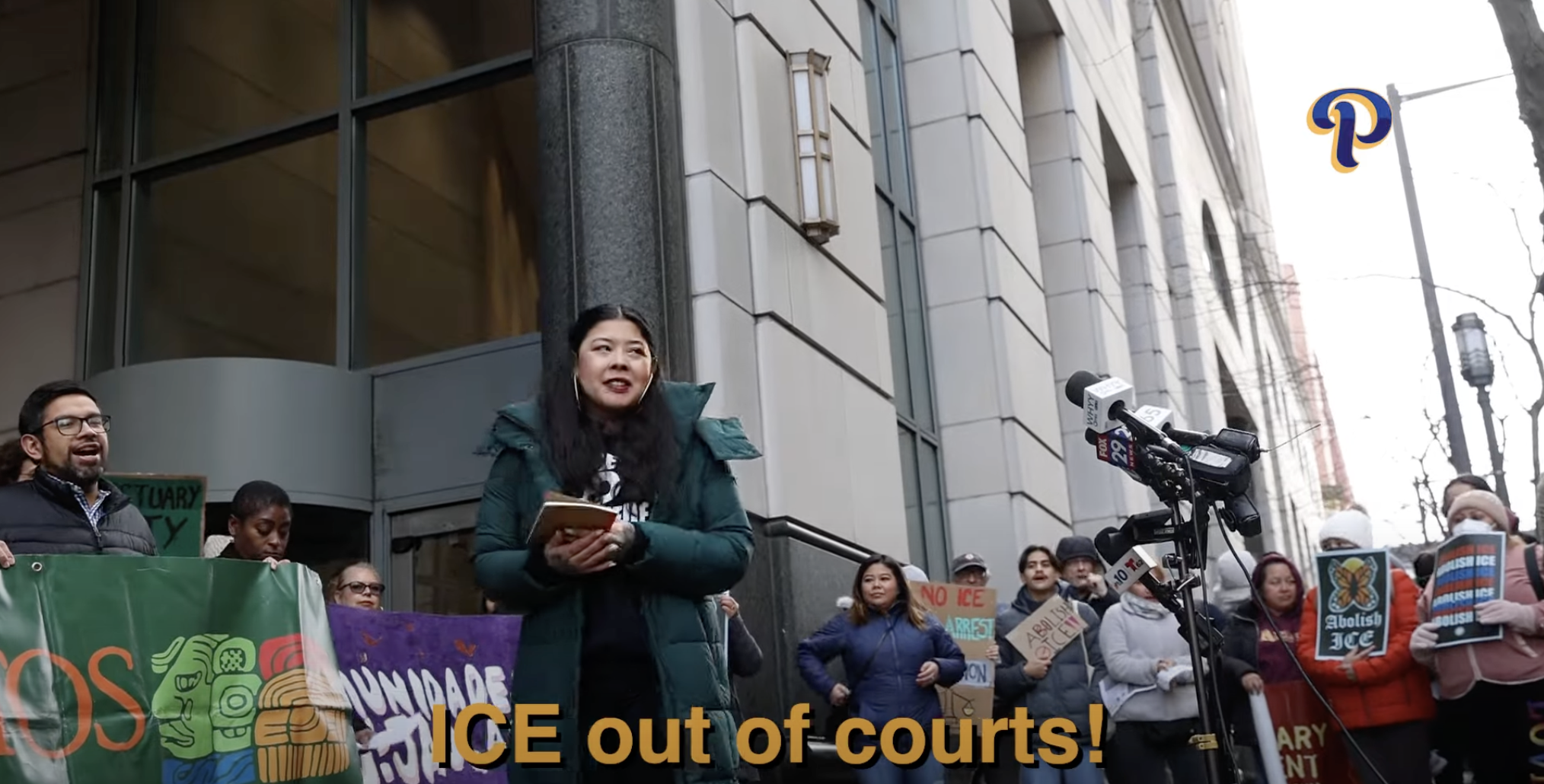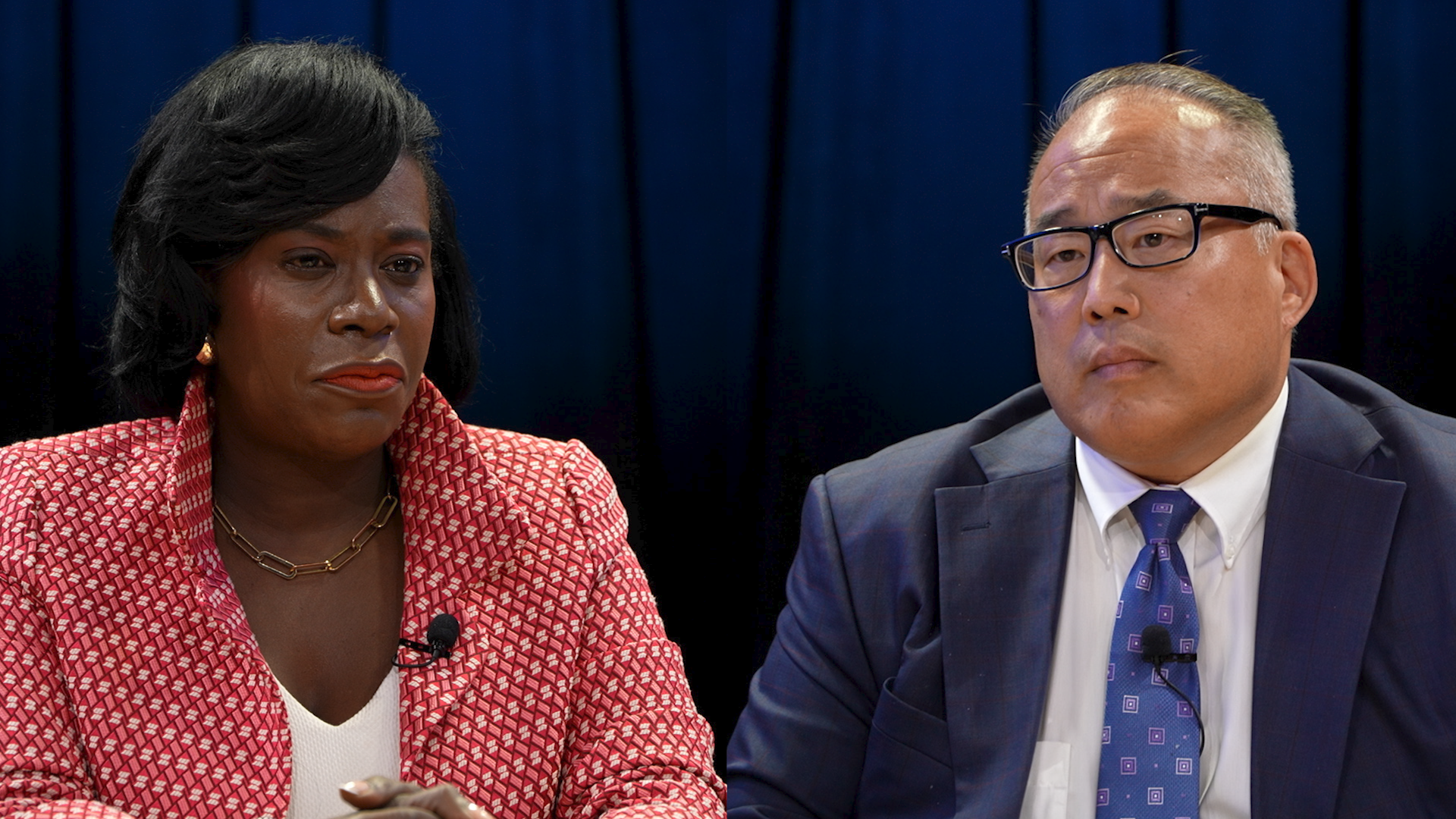An appeal to the next mayor of Philadelphia - Latine business owners have the word
BY JULIÁN CARREÑO ON MAY 2, 2023. TRANSLATED BY ERICKA CONANT.
THIS ARTICLE IS A COLLABORATION BETWEEN 2PuntosPlatform AND ¡PRESENTE! MEDIA.
Latino businesses on 5th Street in North Philadelphia. (Burkett Photography for ¡Presente! Media)
We visited some of the city's Latine businesses to hear their concerns and challenges, and what they are asking of the future mayor:
Future mayor,
Small businesses are a vital part of any city's economy, and Philadelphia is no exception.
According to Jennifer Rodriguez, president and CEO of the Hispanic Chamber of Commerce, there are more than 12,000 Latino businesses in Philadelphia and 23,000 in the area. This is not an insignificant number.
These businesses are located in strategic areas of the city and range from restaurants, barbershops, and beauty salons, to construction companies and art stores.
Jennifer Rodriguez, President & CEO of Greater Philadelphia Hispanic Chamber of Commerce. (Becca Haydu for ¡Presente! Media)
However, Rodriguez believes that, "even though Latinos are starting businesses at three times the rate of the general population, they tend to be smaller in the beginning and remain small as they mature. That's a challenge for us as a Latino community because we have not reached the point where we are maximizing our contribution to the economy, nor [maximizing] the wealth we can bring to our own community."
According to Rodriguez, only 4% of Latino businesses generate jobs compared to 6% of the white population. And "while businesses in communities of color generate annual profits of $1.2 million, white businesses generate as much as $2.6 million.
But, for Rodriguez, far from seeing this as a problem, she sees it as an opportunity. "To close the gap, businesses need support with education, resources, and capital. The Hispanic Chamber of Commerce is doing its job of providing training programs, but there are challenges that are the sole responsibility of the city”.
According to Rodriguez, there is a coalition of four chambers of commerce: African-American, Asian, LGBTQ+, and Hispanic. This coalition applies a survey to businesses every six months to determine what challenges businesses face in order to meet their goals. "There are three challenges or problems they face," said Rodriguez, and these coincide with the visit that !Presente! Media and 2PuntosPlatform made to some of the businesses to ask them what they ask of the future mayor.
The changes Latine business would like to see from the next Philadelphia administration
Raymon Rincón opened his first barbershop in 2007. Today he employs more than 15 young people in his two barber shops located on the Fifth Street corridor. His business fills the northern part of the city with Caribbean flavor, bachata salsa, and even merengue music.
With more than a decade of fighting to stay on his feet, Rincón asks the future mayor for "a more comprehensive evaluation of when a fine is going to be imposed, because it must be very clear if the sanction will be applied to the owner of the business or the owner of the premises."
Clarity of administration, is how Rodriguez describes one of the three problems that businesses have pointed out in the survey. "Doing business with the local government is very difficult, very costly and very nebulous; sometimes you don't quite know where you are in the process," he said.
“La Salsa” located on 5th St, one of the two barbershops owned by Ramón Rincón. (Ashley Ortega/ ¡Presente! Media)
Cristina Martinez, owner of South Philly Barbacoa and Casa Mexico, two iconic restaurants on the city's south side, would like her patrons "to be able to enjoy their food without angst," so she asks for more flexibility in parking and more convenient parking prices.
"Our customers eat with anxiety because they have limited parking time and sometimes the cost is so exaggerated that they pay more for parking than for the taco they eat," says Martinez.
Solving this type of problem could represent an opportunity for the city given its reputation for excellent cuisine. And in Martinez's case, it could represent an opportunity for Philly to observe her as one of its premier chefs, who attracted the likes of James Beard. Her diners come from different states and even from overseas.
Yocasta Morillo and her sister founded El Placer Restaurante, a Dominican restaurant located at 144 Wyoming Ave. Morillo says that after almost 20 years of work she had never seen the skyrocketing prices of essential products for the operation of her business. "A gallon of oil that used to cost $18 now costs $42," she said with concern.
Morillo feels that the excessive cost of the products is bleeding her dry, but so are the taxes, something that Martinez agrees with.
"The second issue that businesses have pointed out is to lower the cost of doing business in Philadelphia because business taxes are extortionate," said Rodriguez. And he points out that this is the only city that applies a double tax to businesses, the Birt tax, and the profit tax.
Iluminada Coris de Germán, the owner of Rosalys Beauty Salon in North Philly. (Ashley Ortega/ ¡Presente! Media)
In the same corridor is Rosalys Beauty Salon. According to the Philadelphia Police Department, 2020 saw a total of 4,321 violent crimes in the district, including 3,337 robberies, 676 assaults and 308 armed robberies.
It is not strange that Iluminada Coris de Germán, asks the future mayor to "improve security and to support them in the purchase of cameras to improve security." For her it is unfair to put the burden of safety on the pockets of business owners, which should be the city's responsibility.
"The first of the problems pointed out by businesses is crime," Rodriguez said, adding that small businesses have had to invest in security personnel and cameras. In other words, they have had to invest to protect themselves. And as if that were not enough, Rodriguez said, they had to reduce their hours of operation and have found it difficult to recruit employees. Clients no longer visit businesses at certain hours of the night because they are afraid to be out on the streets.
Although the pandemic exposed major shortcomings in healthcare, it also exposed others. "We know that during the COVID-19 pandemic, we lost 40% of businesses in our communities of color, but 26 businesses that had training, capital, networking and support, created 13 new jobs and retained more than 100 employees," says Rodriguez.
For a city like Philadelphia, which is the poorest of the big U.S. cities with an unemployment rate of 6.7% in 2021, small businesses would seem an excellent opportunity to advance.
"If you don't help them [small businesses], they're going to fall, and if that happens, communities fall," Rodriguez said.
¡Presente! Media and 2PuntosPlatform also have a message for the future mayor:
Carefully read the results from the survey analysis conducted every six months by the coalition of chambers of commerce. Those results will give you the guidelines to create an economic growth agenda for the city, tied to the well-being of diverse community groups that still have hope of achieving the American dream. And perhaps it will address the problem of violence and poverty in the process.
*¡Presente! Media uses the word Latinx (a gender-neutral term, instead of Latino) but respects the author’s choice to use the word Latine.
This article is a part of Every Voice, Every Vote, a collaborative project managed by The Lenfest Institute for Journalism. Lead support is provided by the William Penn Foundation with additional funding from The Lenfest Institute, Peter and Judy Leone, the John S. and James L. Knight Foundation, Harriet and Larry Weiss, and the Wyncote Foundation, among others. To learn more about the project and view a full list of supporters, visit www.everyvoice-everyvote.org. Editorial content is created independently of the project’s donors.
